Laetitia Jourdan
INRIA Lille - Nord Europe, LIFL
Impact of diversity on bounded archives for multi-objective local search
Feb 04, 2026Abstract:This work tackles two critical challenges related to the development of metaheuristics for Multi-Objective Optimization Problems (MOOPs): the exponential growth of non-dominated solutions and the tendency of metaheuristics to disproportionately concentrate their search on a subset of the Pareto Front. To counteract the first, bounded archives are employed as a strategic mechanism for effectively managing the increasing number of non-dominated solutions. Addressing the second challenge involves an in-depth exploration of solution diversity algorithms found in existing literature. Upon recognizing that current approaches predominantly center on diversity within the objective space, this research introduces innovative methods specifically designed to enhance diversity in the solution space. Results demonstrate the efficacy of the Hamming Distance Archiving Algorithm, one of the newly proposed algorithms for multi-objective local search, surpassing the performance of the Adaptive Grid Archiving and the Hypervolume Archiving, both drawn from the literature. This outcome suggests a promising avenue for enhancing the overall efficiency of metaheuristics employed for solving MOOPs.
Bypassing or flying above the obstacles? A novel multi-objective UAV path planning problem
Apr 12, 2020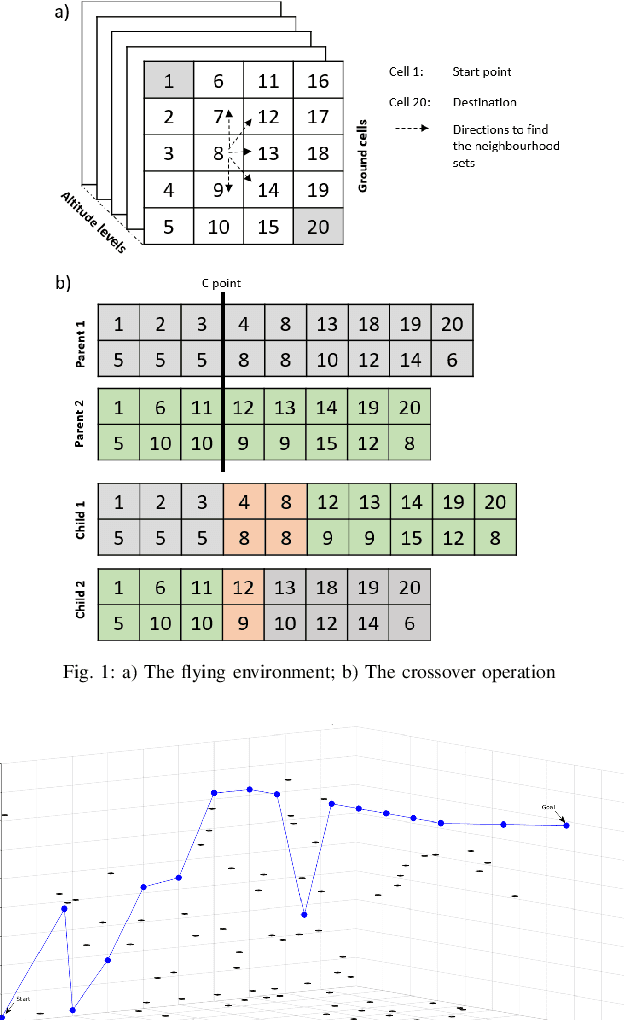
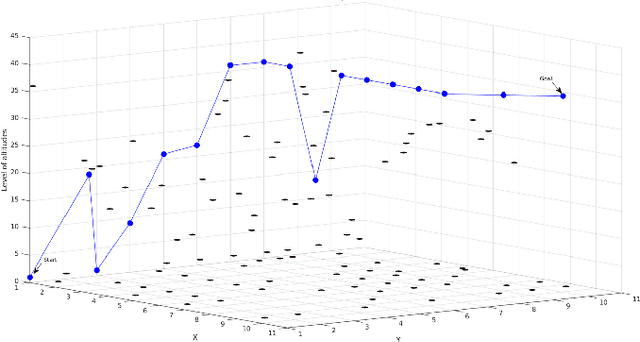
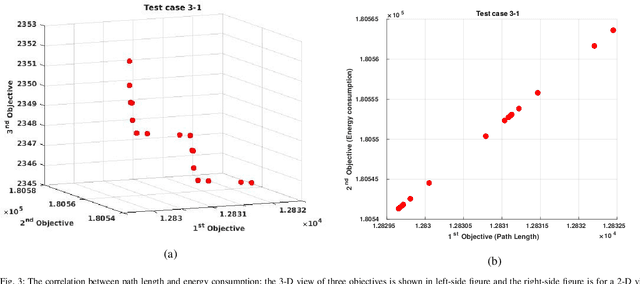
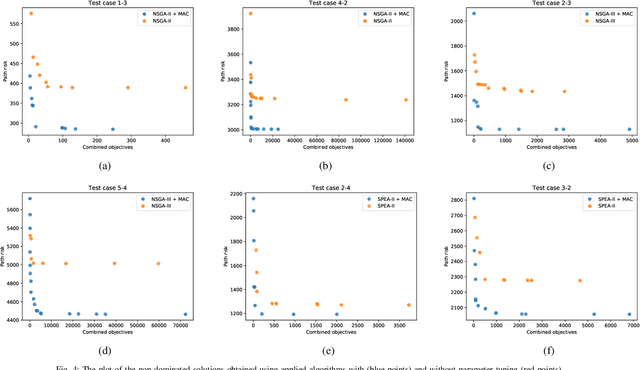
Abstract:This study proposes a novel multi-objective integer programming model for a collision-free discrete drone path planning problem. Considering the possibility of bypassing obstacles or flying above them, this study aims to minimize the path length, energy consumption, and maximum path risk simultaneously. The static environment is represented as 3D grid cells. Due to the NP-hardness nature of the problem, several state-of-theart evolutionary multi-objective optimization (EMO) algorithms with customized crossover and mutation operators are applied to find a set of non-dominated solutions. The results show the effectiveness of applied algorithms in solving several generated test cases.
Analyzing the Effect of Objective Correlation on the Efficient Set of MNK-Landscapes
Jul 19, 2012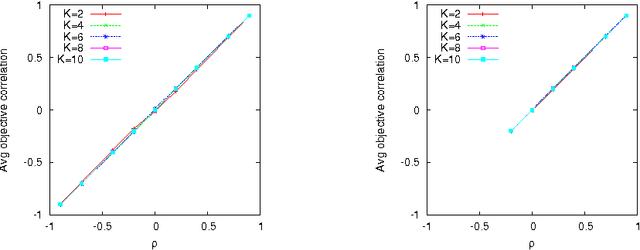
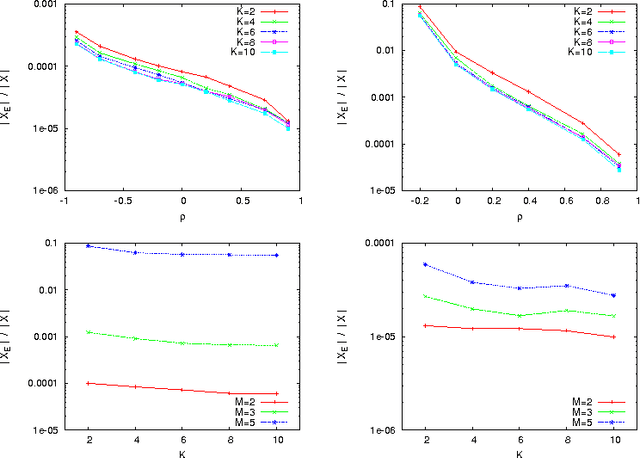
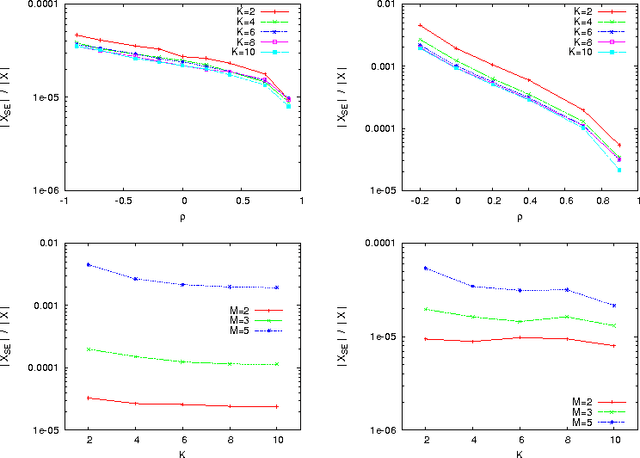
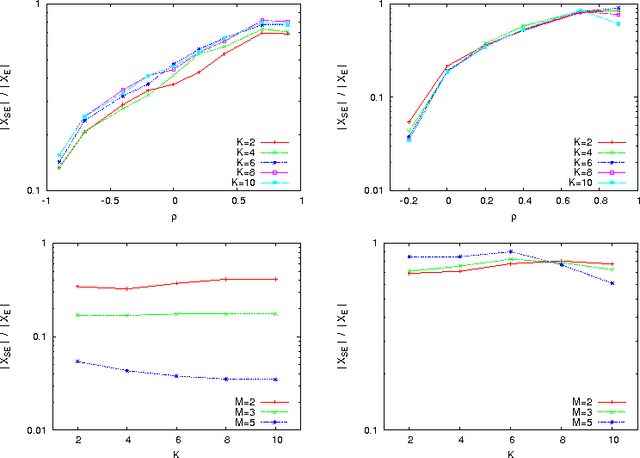
Abstract:In multiobjective combinatorial optimization, there exists two main classes of metaheuristics, based either on multiple aggregations, or on a dominance relation. As in the single objective case, the structure of the search space can explain the difficulty for multiobjective metaheuristics, and guide the design of such methods. In this work we analyze the properties of multiobjective combinatorial search spaces. In particular, we focus on the features related the efficient set, and we pay a particular attention to the correlation between objectives. Few benchmark takes such objective correlation into account. Here, we define a general method to design multiobjective problems with correlation. As an example, we extend the well-known multiobjective NK-landscapes. By measuring different properties of the search space, we show the importance of considering the objective correlation on the design of metaheuristics.
On the Neutrality of Flowshop Scheduling Fitness Landscapes
Jul 19, 2012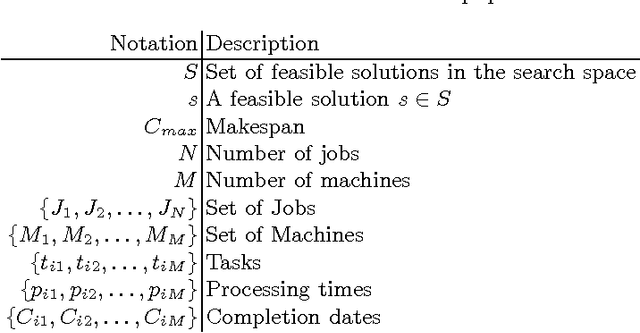
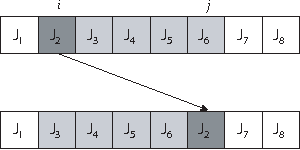
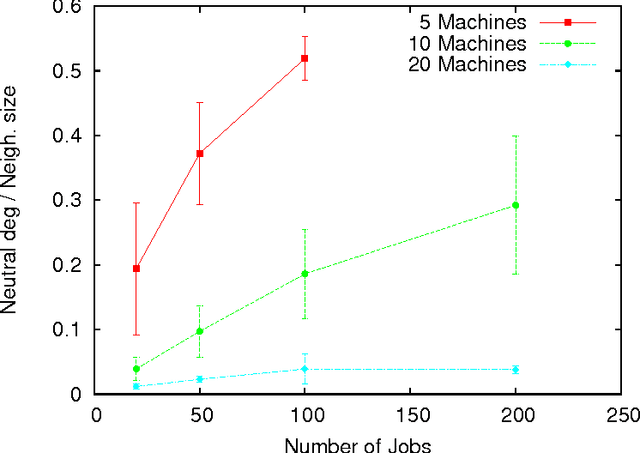
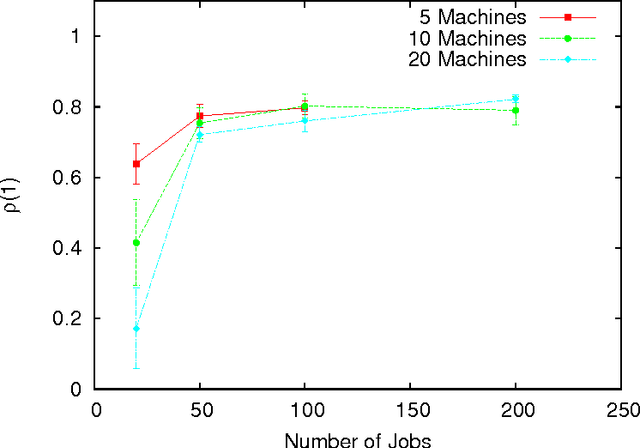
Abstract:Solving efficiently complex problems using metaheuristics, and in particular local searches, requires incorporating knowledge about the problem to solve. In this paper, the permutation flowshop problem is studied. It is well known that in such problems, several solutions may have the same fitness value. As this neutrality property is an important one, it should be taken into account during the design of optimization methods. Then in the context of the permutation flowshop, a deep landscape analysis focused on the neutrality property is driven and propositions on the way to use this neutrality to guide efficiently the search are given.
On the Effect of Connectedness for Biobjective Multiple and Long Path Problems
Jul 19, 2012



Abstract:Recently, the property of connectedness has been claimed to give a strong motivation on the design of local search techniques for multiobjective combinatorial optimization (MOCO). Indeed, when connectedness holds, a basic Pareto local search, initialized with at least one non-dominated solution, allows to identify the efficient set exhaustively. However, this becomes quickly infeasible in practice as the number of efficient solutions typically grows exponentially with the instance size. As a consequence, we generally have to deal with a limited-size approximation, where a good sample set has to be found. In this paper, we propose the biobjective multiple and long path problems to show experimentally that, on the first problems, even if the efficient set is connected, a local search may be outperformed by a simple evolutionary algorithm in the sampling of the efficient set. At the opposite, on the second problems, a local search algorithm may successfully approximate a disconnected efficient set. Then, we argue that connectedness is not the single property to study for the design of local search heuristics for MOCO. This work opens new discussions on a proper definition of the multiobjective fitness landscape.
The Road to VEGAS: Guiding the Search over Neutral Networks
Jul 19, 2012



Abstract:VEGAS (Varying Evolvability-Guided Adaptive Search) is a new methodology proposed to deal with the neutrality property of some optimization problems. ts main feature is to consider the whole neutral network rather than an arbitrary solution. Moreover, VEGAS is designed to escape from plateaus based on the evolvability of solution and a multi-armed bandit. Experiments are conducted on NK-landscapes with neutrality. Results show the importance of considering the whole neutral network and of guiding the search cleverly. The impact of the level of neutrality and of the exploration-exploitation trade-off are deeply analyzed.
Pareto Local Optima of Multiobjective NK-Landscapes with Correlated Objectives
Jul 18, 2012



Abstract:In this paper, we conduct a fitness landscape analysis for multiobjective combinatorial optimization, based on the local optima of multiobjective NK-landscapes with objective correlation. In single-objective optimization, it has become clear that local optima have a strong impact on the performance of metaheuristics. Here, we propose an extension to the multiobjective case, based on the Pareto dominance. We study the co-influence of the problem dimension, the degree of non-linearity, the number of objectives and the correlation degree between objective functions on the number of Pareto local optima.
NILS: a Neutrality-based Iterated Local Search and its application to Flowshop Scheduling
Jul 18, 2012


Abstract:This paper presents a new methodology that exploits specific characteristics from the fitness landscape. In particular, we are interested in the property of neutrality, that deals with the fact that the same fitness value is assigned to numerous solutions from the search space. Many combinatorial optimization problems share this property, that is generally very inhibiting for local search algorithms. A neutrality-based iterated local search, that allows neutral walks to move on the plateaus, is proposed and experimented on a permutation flowshop scheduling problem with the aim of minimizing the makespan. Our experiments show that the proposed approach is able to find improving solutions compared with a classical iterated local search. Moreover, the tradeoff between the exploitation of neutrality and the exploration of new parts of the search space is deeply analyzed.
 Add to Chrome
Add to Chrome Add to Firefox
Add to Firefox Add to Edge
Add to Edge